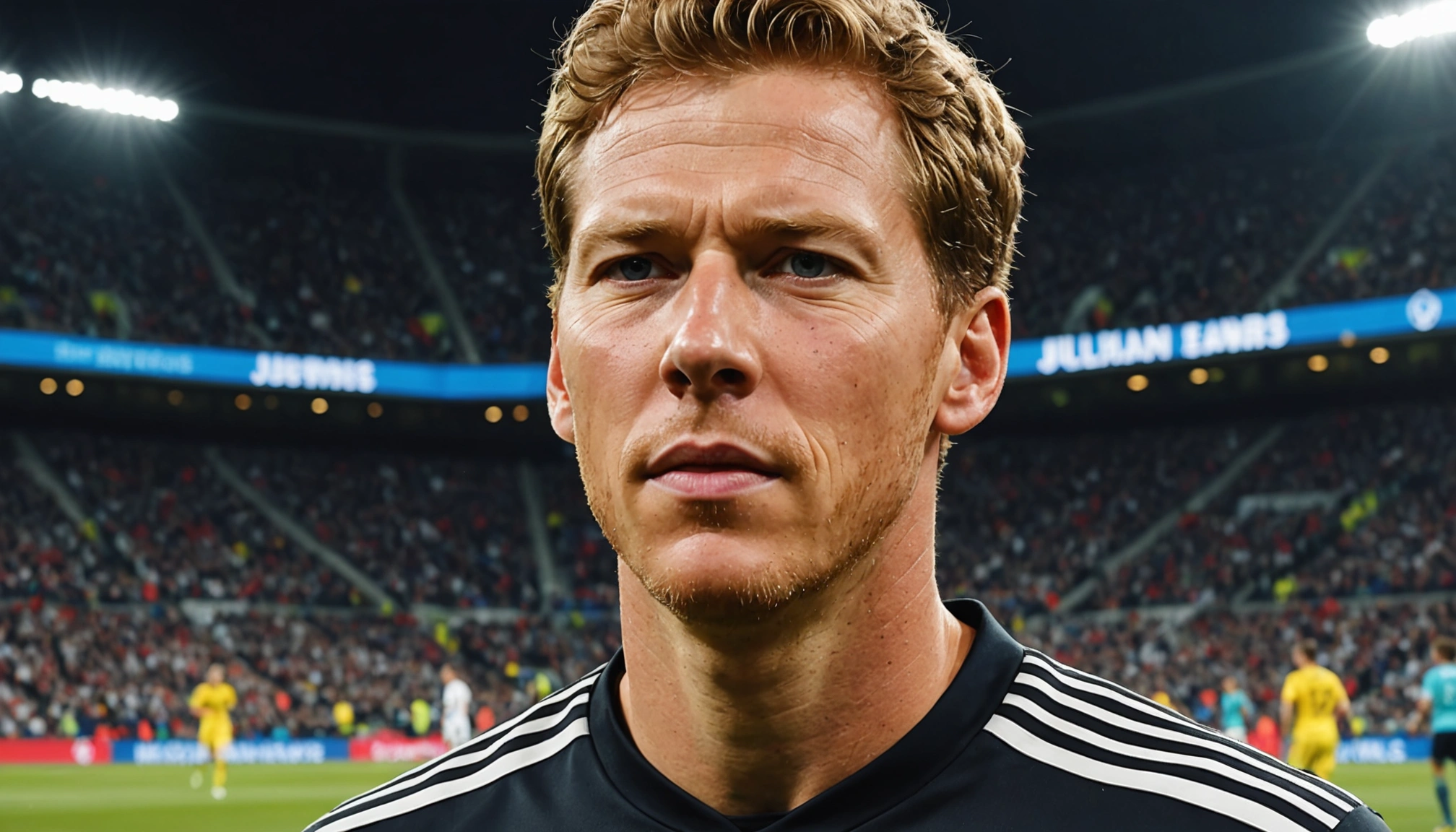World Cup 2026: Political Tensions Cast Shadow Over North American Tournament

The 2026 FIFA World Cup, set to be hosted across the United States, Canada, and Mexico, is facing a complex array of political challenges that threaten to overshadow the sporting spectacle. From controversial immigration policies to trade wars and security concerns, the political landscape is raising questions about the tournament's inclusivity, safety, and overall success. As the countdown continues, stakeholders are grappling with how to navigate these issues and ensure a positive experience for players, fans, and visitors alike.
Immigration Policies and Travel Restrictions
One of the most significant concerns revolves around the United States' immigration policies under the Trump administration. Heightened enforcement, travel bans, and increased detention have sparked fears about the ability of fans, players, and journalists from certain countries to enter the U.S. Despite an exception made for athletes, coaches, support staff, and their immediate relatives, the travel ban still affects fans from countries like Iran, which has already qualified for the World Cup.
Human Rights Watch has voiced "grave concerns" about the potential for visa denials, wrongful interrogations, and arbitrary arrests at the U.S. border. The organization urged FIFA to be prepared to reconsider the hosting decision if the safety of fans and players cannot be guaranteed. They also questioned what actions FIFA would take if participants were subjected to discrimination or other rights violations.
The U.S. State Department's plans to close embassies and consulates while reducing its workforce have further exacerbated visa concerns. With average wait times for visa application appointments already exceeding a year in some countries, the situation could deter many from attempting to travel to the U.S. for the tournament.
Security Concerns and Social Unrest
Beyond immigration, security concerns and social unrest are also casting a shadow over the 2026 World Cup. The deployment of Marines and National Guard troops to Los Angeles, a key host city, to support immigration crackdowns has created an uneasy atmosphere. These actions have sparked protests and international criticism, raising questions about how FIFA can reconcile its commitment to global unity with hosting the tournament amid divisive domestic policies.
The potential for protests and demonstrations related to immigration enforcement poses logistical challenges and safety risks. Heightened security measures, while intended to ensure order, could create an intimidating environment that detracts from the celebratory spirit of the tournament.
Trade Wars and International Relations
The shifting trade war initiated by the U.S. is another factor adding uncertainty to the 2026 World Cup. Canada and Mexico, co-hosts of the tournament, were among the first countries targeted with tariffs, straining relations between the three nations. While some analysts believe that the economic impact on the tournament will be minimal, the political tensions could still affect the overall atmosphere and cooperation between the host countries.
President Trump's taunts about turning Canada into the "51st state" have further fueled tensions. However, Canadian officials have emphasized the World Cup as an opportunity to showcase their country's strength and positive influence on the world stage.
FIFA's Role and Ethical Responsibilities
FIFA's leadership has faced criticism for its political associations and decisions. President Gianni Infantino's attendance at Trump's inauguration in 2017 drew ire from fans and stakeholders who viewed it as an endorsement of divisive policies. This political proximity has fueled skepticism about FIFA's impartiality and ethical standards.
Critics argue that FIFA's choice of host countries, including those with contentious political climates, reveals a governance model that prioritizes commercial potential and geopolitical considerations over social responsibility and ethical consistency. They are calling for greater transparency, ethical governance, and a genuine commitment to the values football purports to represent.
Logistical and Infrastructure Challenges
Beyond the political issues, the 2026 World Cup also faces significant logistical and infrastructure challenges. With 48 teams participating for the first time, the tournament will be the largest in history, requiring extensive planning and coordination across the three host countries.
Transportation, communications, ticketing, security, and fan fests all present complex logistical hurdles. The 11 U.S. host committees have been consulting with each other on these issues, but significant improvements and adjustments are needed to ensure a smooth and successful tournament.
Conclusion
As the 2026 FIFA World Cup approaches, the intersection of politics and sports governance is becoming increasingly apparent. Controversial immigration policies, security concerns, trade wars, and ethical questions surrounding FIFA's leadership all pose significant challenges to the tournament's success.
While organizers express optimism that the event will transcend geopolitics, the reality is that political tensions could impact the experience for players, fans, and visitors. Addressing these challenges will require proactive measures, transparent communication, and a commitment to upholding human rights and inclusivity. The world will be watching to see how FIFA and the host countries navigate these complex issues and ensure that the 2026 World Cup lives up to its promise of being a global celebration of sport.
Related Articles

World Sevens Football Aims to Revolutionize Women's Game

Nagelsmann Announces Germany's Squad for Nations League Finals
